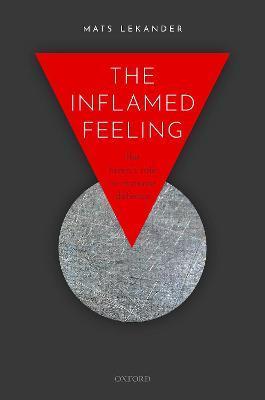What do feeling sick and being afraid of strangers have in common?
The answer is that these feelings represent a behavioural drive which evolved in our ancestors to combat the most dangerous threat to survival: infection.
Behaviour and emotions play pivotal roles in the struggle for good health. When your body is telling your brain that you are sick, you are experiencing survival strategies that developed years ago. Listening to these feelings will allow you to save energy that can be used for recuperation and recovery. Urges of staying still, noticing pain, feeling sorry for yourself, and focusing inward are bodily messages that benefit immune defence.
For our forefathers, in whom these strategies evolved, it wasn't enough to change behaviour once sick. Defensive behaviours to be able to avoid infection in the first place were also needed. Thus, tools for detecting illness in others evolved. This is why superficial signs of ill-health, or maybe even the prejudicial idea of a person with a foreign bacterial culture, can cause anxiety and avoidance. Not surprisingly, having a too high or too low sensitivity to inner or outer disease signals is connected to mental as well as somatic disorders.
In this book, Mats Lekander explains the science behind perceived health, using Barbie dolls, visual illusions, personal experiences, placebo, hypochondriacs and historical anecdotes. Placed against a back-drop of the latest neuroscience and psychoneuroimmunology he explains why you feel healthy or sick. He describes when he poisoned himself at work and enjoyed it, and why white blood cells and inflammation are key players when our brains trys to guess what is going in our inner worlds.
The result is an absorbing and eye-opening book, one that seems so relevant in the current times.











